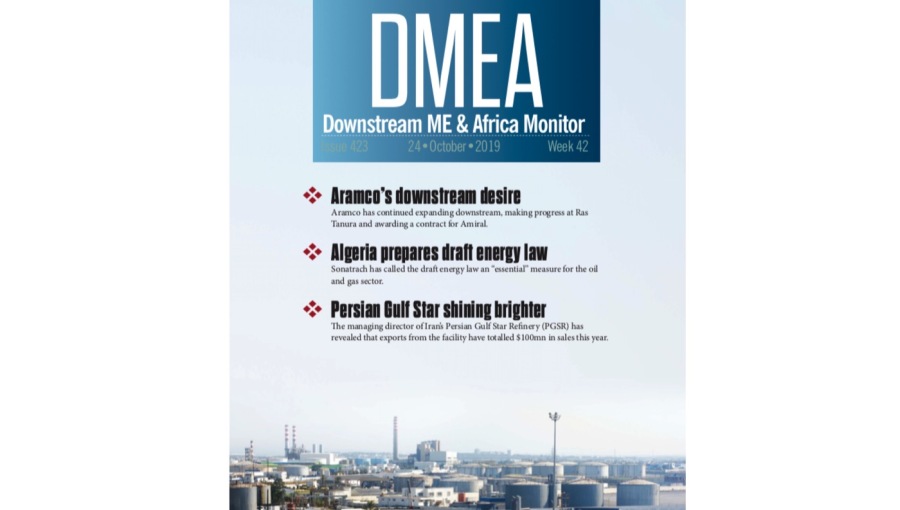DMEA: Ebara Elliott Energy awarded supply contract for Amiral project

Ebara Elliott Energy (EEE) has been awarded a supply contract for 450,000 barrel per day (bpd) SATORP refinery’s strategic expansion petrochemical complex – named Amiral – located on Saudi Arabia’s eastern coast.
The deal will see EEE supply advanced equipment to the Jubail-based refinery, aiding the construction of a planned integrated 1,650,000 tonne per year (tpy) mixed-feed cracker along with numerous petrochemical units, all of which will be added seamlessly to the plant.
Awarding the contract to EEE were US-based Maire Tecnimont and South Korea’s Hyundai Engineering Company, which, according to an EEE statement, “cemented the US group’s role as a trusted partner in critical infrastructure projects in the region”.
Upon completion, the project will showcase the refinery’s goal to move towards a more sustainable future, having committed to carbon neutrality by 2050 in line with global targets for sustainability and the energy transition.
According to EEE’s statement, the company plans to deliver 22 modern units across three of its product lines, which consist of turbines, pumps and compressors for the project, which will be built at international product lines which will showcase the company’s “technological expertise and international manufacturing capabilities”. Vice-president of new apparatus Mark Babyak continued to note that the project would be an exciting opportunity for Ebara Elliott Energy to integrate its “compressor and turbine solutions with our unique pump offerings for a project as significant as the Amiral complex”.
Previously known as Elliot Group, EEE has been chosen to take part in the project thanks to its experience in the design and manufacture of a range of industrial products used in the refining, petrochemical, oil and gas and liquefied natural gas (LNG) industries.
In regard to SATORP’s green goals, 2023 saw the refinery state that it expected to be able to meet a significant rise in demand for sustainable aviation fuel (SAF) in Saudi Arabia, alongside reducing carbon dioxide emissions overall over the fuel’s entire life cycle.
SAF can provide options for airlines by helping them avoid exposure to fuel cost volatility that comes with having access to only one energy source. This is due to the ability for SAF’s production to be spread worldwide and across multiple different feedstocks. Fluctuating crude oil prices currently mean airlines can find it difficult to plan and budget for long term operating expenses.
SAF can additionally stimulate job growth and promote the improvement of waste management strategies – an environmental issue that often faces countries with a lack of advanced waste disposal methods – which provides for a mutually beneficial strategy in processing waste alongside reducing CO2 emissions.
The refinery previously saw profits of around $2.4bn in 2023 when compared to 2022 due to its improved refining and petrochemical margins. It also saw gross profits of around $3bn in 2022 compared to $91mn the previous year, with sales doubling from $10bn in 2021 to $20bn the following year.


Follow us online